Amazing Companion Plants For Chickpeas
Amazing Companion Plants for Chickpeas
Chickpeas are a delicious and versatile legume that can be grown in many different climates. They are also a great choice for companion planting, as they can help to improve the health of the soil and deter pests.
In this blog post, we will discuss some of the best companion plants for chickpeas. We will also talk about why companion planting is beneficial and how to choose the right companion plants for your garden.
What is Companion Planting?
Companion planting is the practice of planting different types of plants together in order to benefit each other. Some plants can help to attract beneficial insects, while others can help to repel pests. Some plants can also help to improve the drainage or fertility of the soil.
There are many different benefits to companion planting. Some of the most common benefits include:
- Increased crop yields
- Improved soil health
- Reduced pest and disease problems
- Increased biodiversity
Why Are Chickpeas Good Companion Plants?
Chickpeas are a good companion plant for a number of reasons. They are nitrogen-fixing legumes, which means that they can help to improve the nitrogen content of the soil. They are also a tall plant, which can help to provide shade for other plants.
In addition, chickpeas can help to deter pests. For example, they can help to repel aphids, which are a common pest of many vegetables.
Some of the Best Companion Plants for Chickpeas
Some of the best companion plants for chickpeas include:
- Beets: Beets help to improve the drainage of the soil, which can benefit chickpeas. They also help to attract beneficial insects.
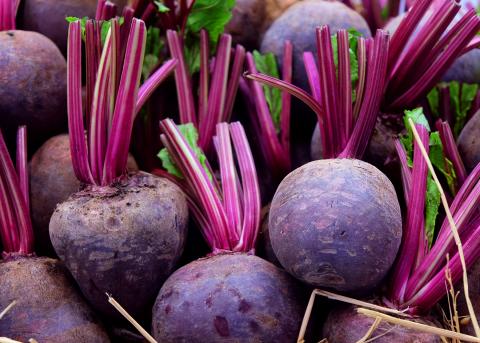
- Brassicas: Brassicas, such as broccoli, cabbage, and kale, help to deter pests. They also help to attract beneficial insects.

- Carrots: Carrots help to improve the drainage of the soil, which can benefit chickpeas. They also help to attract beneficial insects.
- Celery: Celery helps to improve the drainage of the soil, which can benefit chickpeas. It also helps to attract beneficial insects.

- Cucumbers: Cucumbers help to attract beneficial insects, which can help to protect chickpeas from pests.
- Eggplant: Eggplant helps to attract beneficial insects, which can help to protect chickpeas from pests.
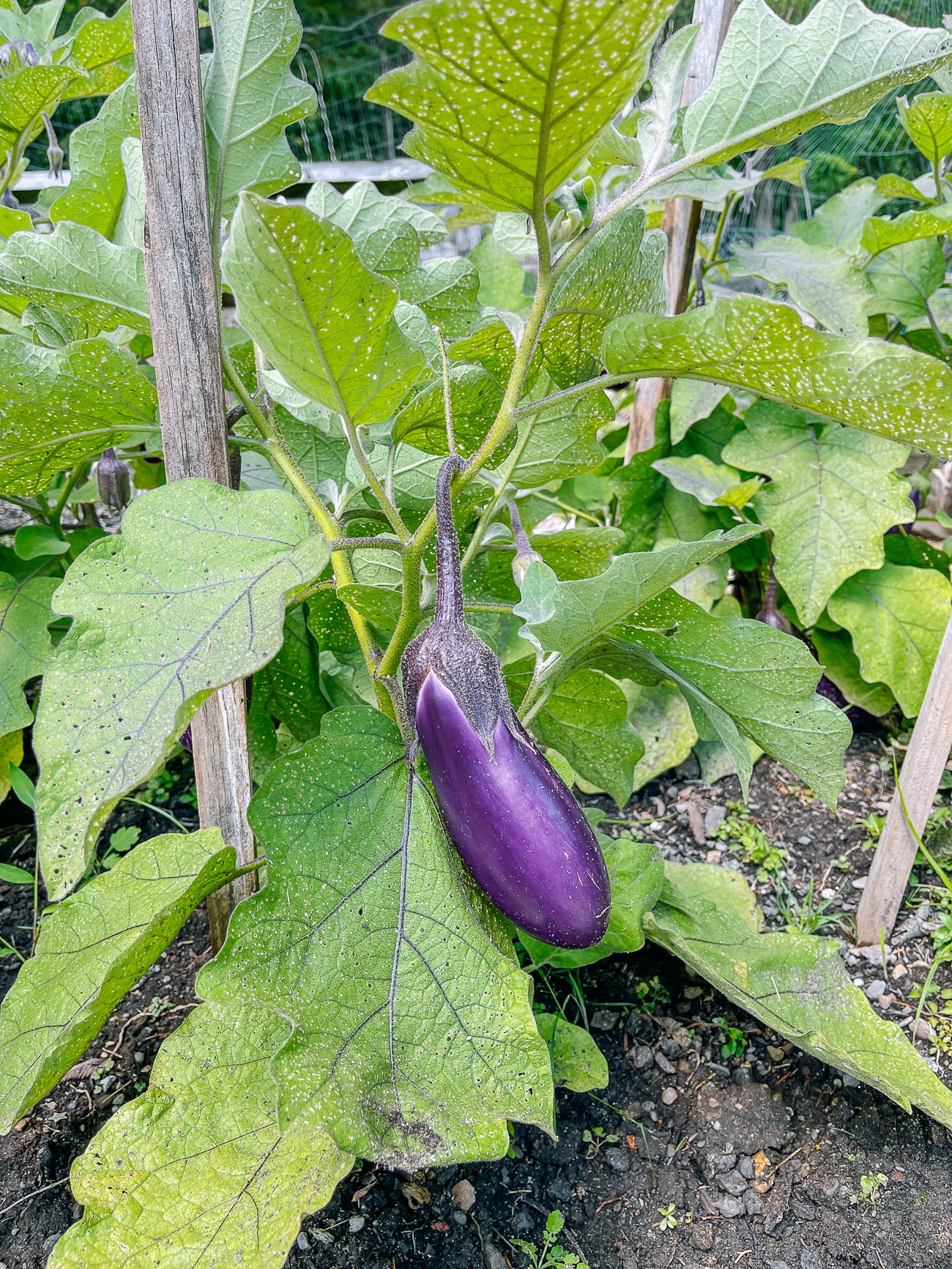
- Peas: Peas are also nitrogen-fixing legumes, which means that they can help to improve the nitrogen content of the soil. They also help to attract beneficial insects.
- Potatoes: Potatoes help to improve the drainage of the soil, which can benefit chickpeas. They also help to attract beneficial insects.

- Radishes: Radishes help to improve the drainage of the soil, which can benefit chickpeas. They also help to attract beneficial insects.
- Strawberries: Strawberries help to attract beneficial insects, which can help to protect chickpeas from pests.
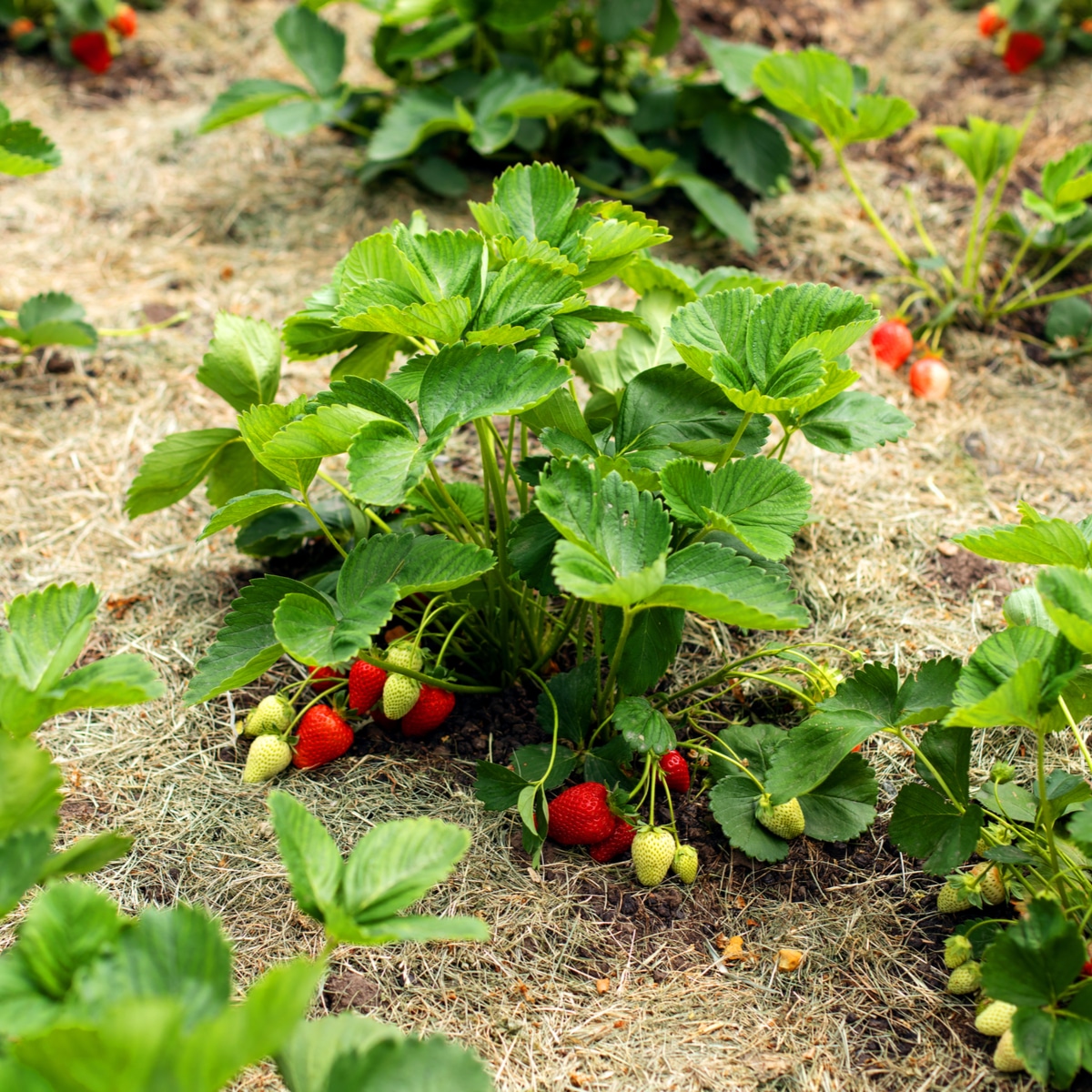
How to Choose Companion Plants for Chickpeas
When choosing companion plants for chickpeas, it is important to consider the following factors:
- The size of the plants: Some plants, such as corn, can grow very tall. It is important to choose companion plants that will not be shaded out by these taller plants.
- The needs of the plants: Some plants, such as cucumbers, need a lot of water. It is important to choose companion plants that have similar water needs.
- The pests and diseases that are common in your area: Choose companion plants that can help to deter pests or diseases that are common in your area.
Conclusion
Companion planting is a great way to improve the health of your garden and increase your crop yields. By choosing the right companion plants for chickpeas, you can help to ensure that your plants are healthy and productive.
Chickpeas are a delicious and versatile legume that can be grown in many different climates. But did you know that there are certain plants that can help to improve the growth and health of chickpeas? These are known as companion plants, and they can provide a number of benefits, such as:
- Attracting beneficial insects: Some companion plants, such as nasturtiums and marigolds, attract beneficial insects that help to control pests. This can help to reduce the need for pesticides, which can be harmful to the environment.
- Distracting pests: Other companion plants, such as chives and garlic, can have a strong odor that can distract pests from chickpeas. This can help to keep your chickpeas safe from damage.
- Improving soil health: Some companion plants, such as legumes, can fix nitrogen in the soil. This can help to improve the overall health of the soil, which can benefit all of the plants in your garden.
If you're interested in learning more about companion plants for chickpeas, I recommend visiting Gardenia Inspiration. This website has a wealth of information on the topic, including a list of specific plants that are good companions for chickpeas.
FAQ of companion plants for chickpeas
Question 1: What are good companion plants for chickpeas?
Answer: Chickpeas are a nitrogen-fixing legume, which means they help to enrich the soil with nitrogen. This makes them a good companion plant for many other vegetables, as the nitrogen will help to promote their growth. Some good companion plants for chickpeas include:
- Beets: Beets help to suppress weeds and attract beneficial insects.
- Carrots: Carrots deter pests and help to improve the flavor of chickpeas.
- Celery: Celery helps to repel pests and attract beneficial insects.
- Cucumbers: Cucumbers help to suppress weeds and attract beneficial insects.
- Eggplant: Eggplant helps to deter pests and improve the flavor of chickpeas.
- Melons: Melons help to suppress weeds and attract beneficial insects.
- Peas: Peas help to suppress weeds and attract beneficial insects.
- Potatoes: Potatoes help to suppress weeds and improve the flavor of chickpeas.
Question 2: What are bad companion plants for chickpeas?
Answer: There are a few plants that should not be planted near chickpeas, as they can compete for resources or attract pests. These plants include:
- Chives: Chives can inhibit the growth of chickpeas.
- Garlic: Garlic can inhibit the growth of chickpeas.
- Leek: Leek can inhibit the growth of chickpeas.
- Onions: Onions can inhibit the growth of chickpeas.
Question 3: When should I plant companion plants with chickpeas?
Answer: Companion plants should be planted at the same time as chickpeas, or as soon as possible after. This will help to ensure that they have a chance to establish themselves before the chickpeas start to grow.
Question 4: How far apart should I plant companion plants with chickpeas?
Answer: The distance between companion plants and chickpeas will vary depending on the size of the plants. However, as a general rule, companion plants should be spaced at least 6 inches apart from each other and 18 inches apart from chickpeas.
Question 5: How do I care for companion plants with chickpeas?
Answer: Companion plants should be cared for in the same way as chickpeas. This includes watering, fertilizing, and weeding. However, it is important to avoid over-fertilizing companion plants, as this can lead to nitrogen toxicity in chickpeas.
Image of companion plants for chickpeas
- Beetroot. Beetroot is a nitrogen-fixing plant, which means that it can help to improve the nitrogen content of the soil. This is beneficial for chickpeas, as they are a nitrogen-hungry plant.

- Carrots. Carrots and chickpeas are both root vegetables, so they can be planted together without competing for space. Carrots also help to deter pests, such as carrot flies, from chickpeas.

- Cucumber. Cucumbers and chickpeas can be planted together to help to improve the pollination of both plants. Cucumbers also help to shade the soil around chickpeas, which can help to keep the soil cool and moist.
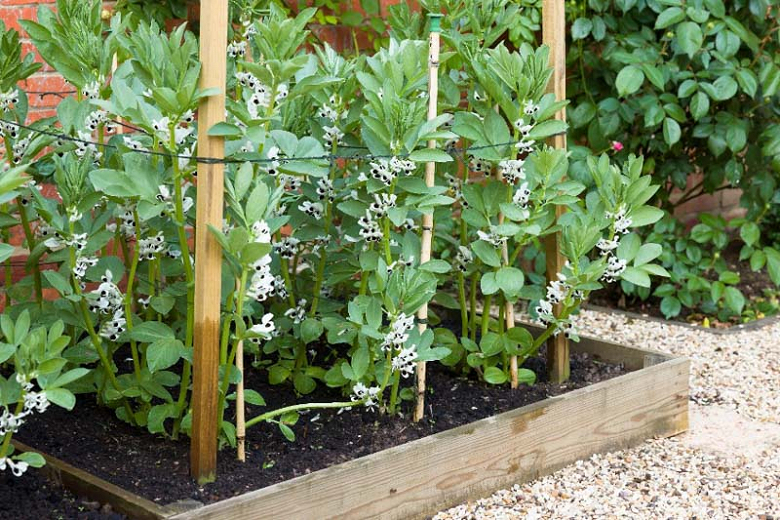
- Peas. Peas are another nitrogen-fixing plant, so they can help to improve the nitrogen content of the soil for chickpeas. Peas also help to deter pests, such as aphids, from chickpeas.
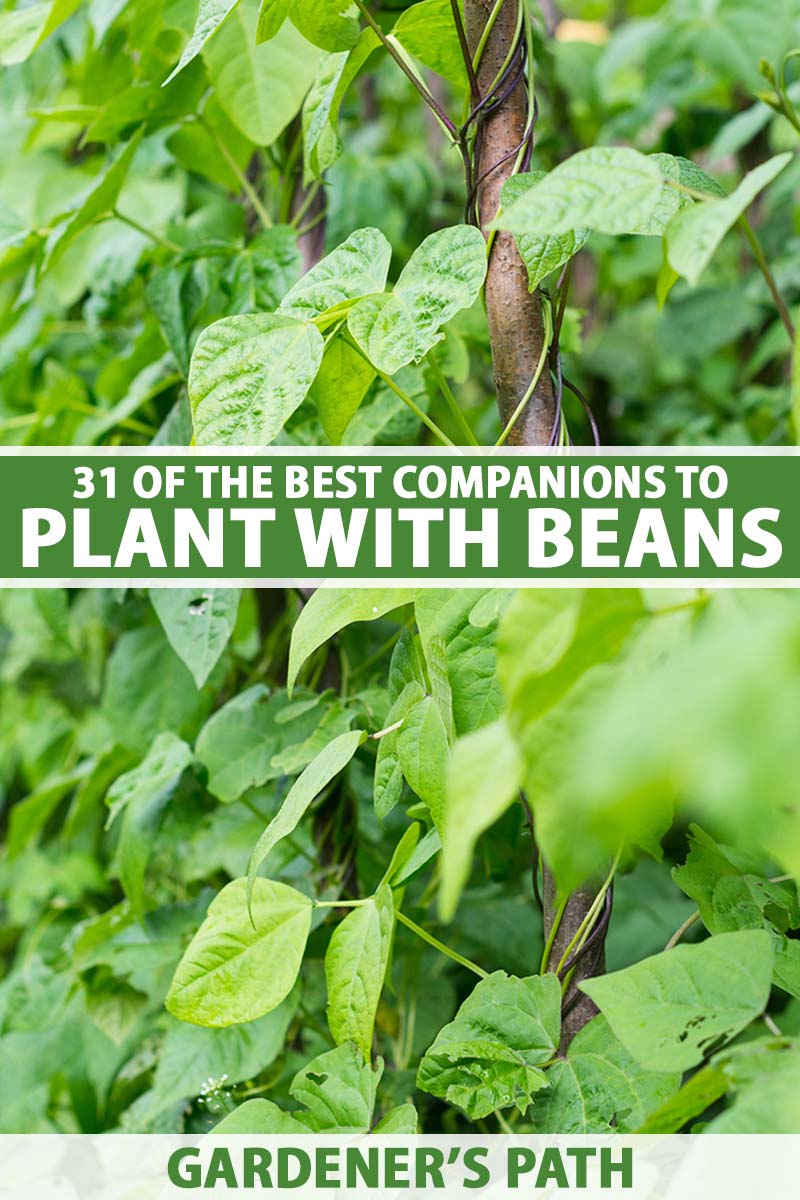
- Potatoes. Potatoes and chickpeas can be planted together to help to improve the drainage of the soil. Potatoes also help to deter pests, such as potato beetles, from chickpeas.
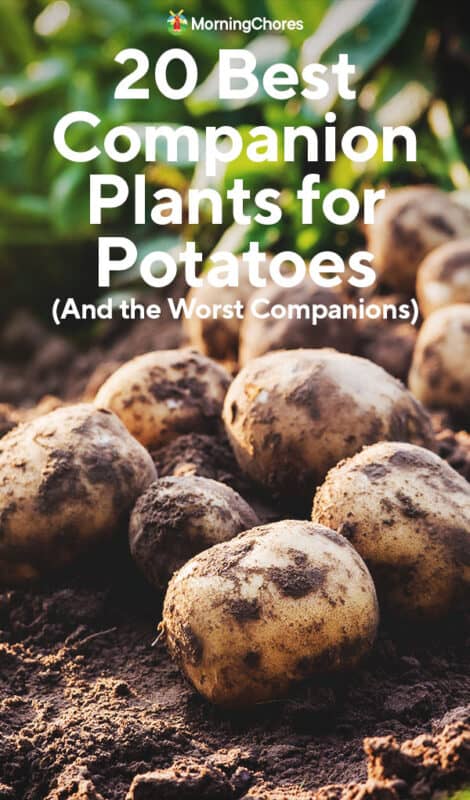
Post a Comment for " Amazing Companion Plants For Chickpeas"